TCT 2023 Late-Breaking Science Collection
Published: 09 January 2024
-
Views:
 315
315
-
Likes:
 7
7
-
Views:
 315
315
-
Likes:
 7
7
-
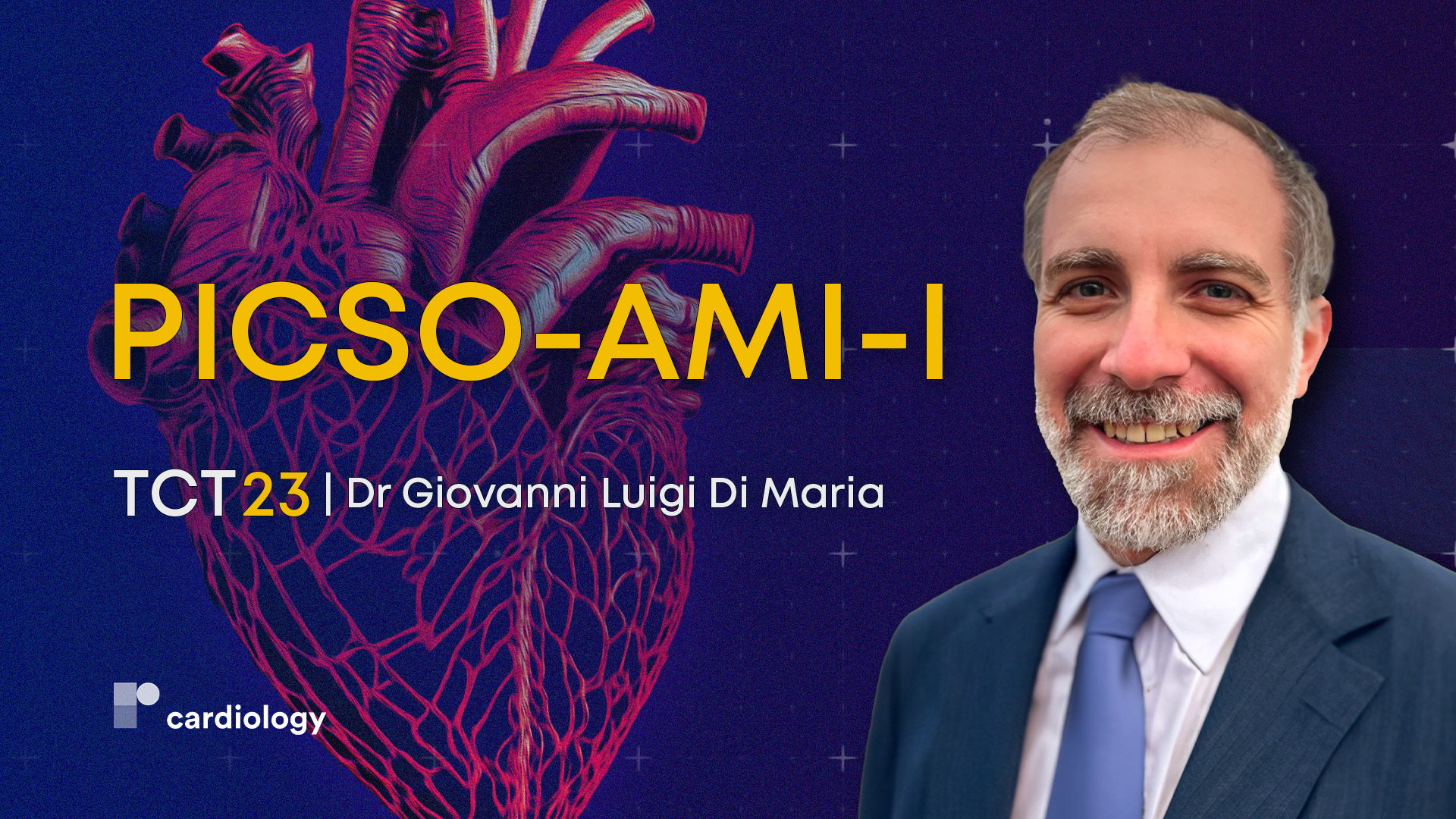 Up Next
Up Next -
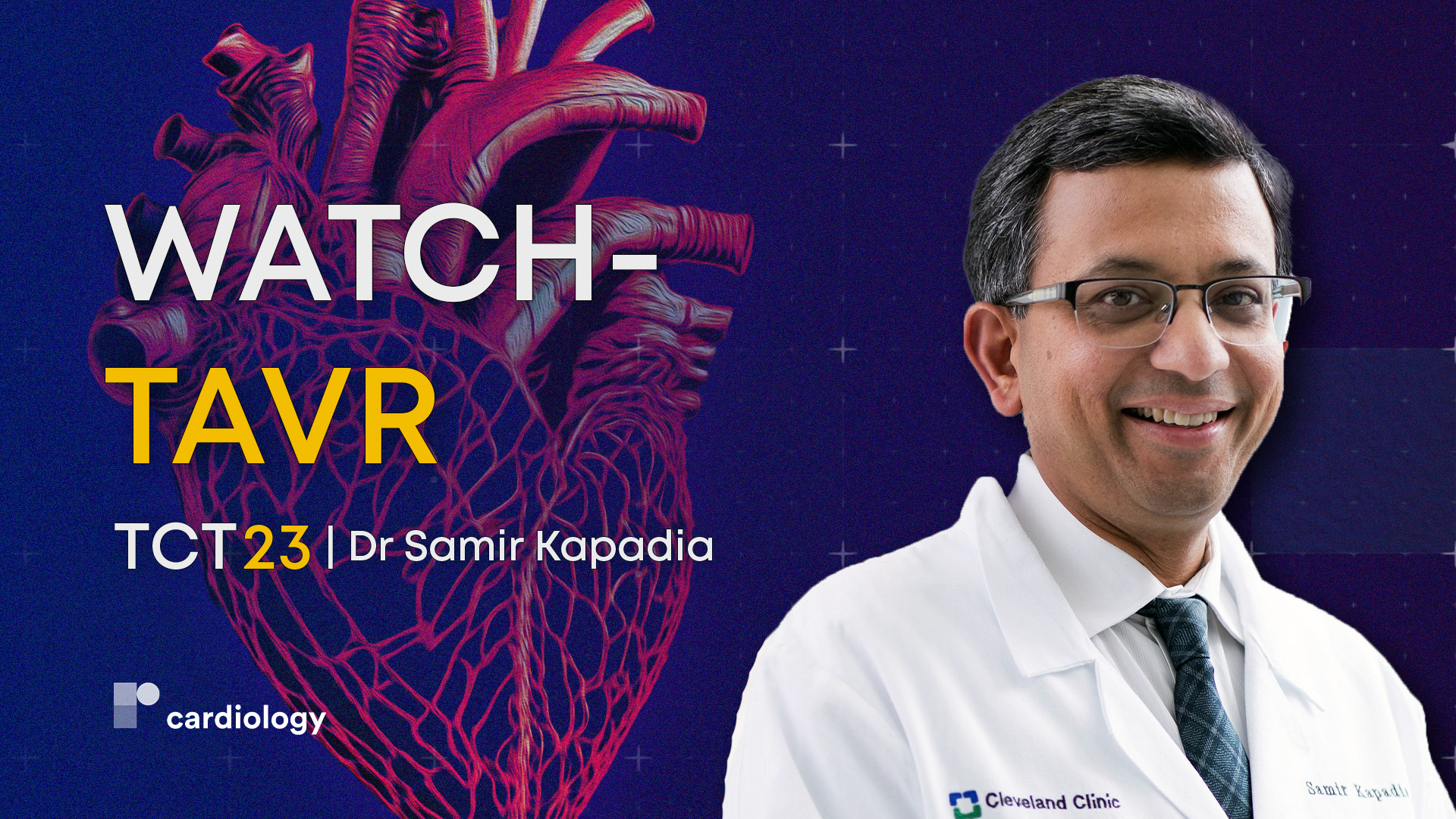 6m 19sPart 3 | Session 5 WATCH-TAVR: WATCHMAN for Patients with AF Undergoing TAVR
6m 19sPart 3 | Session 5 WATCH-TAVR: WATCHMAN for Patients with AF Undergoing TAVR -
 7m 14s
7m 14s
-
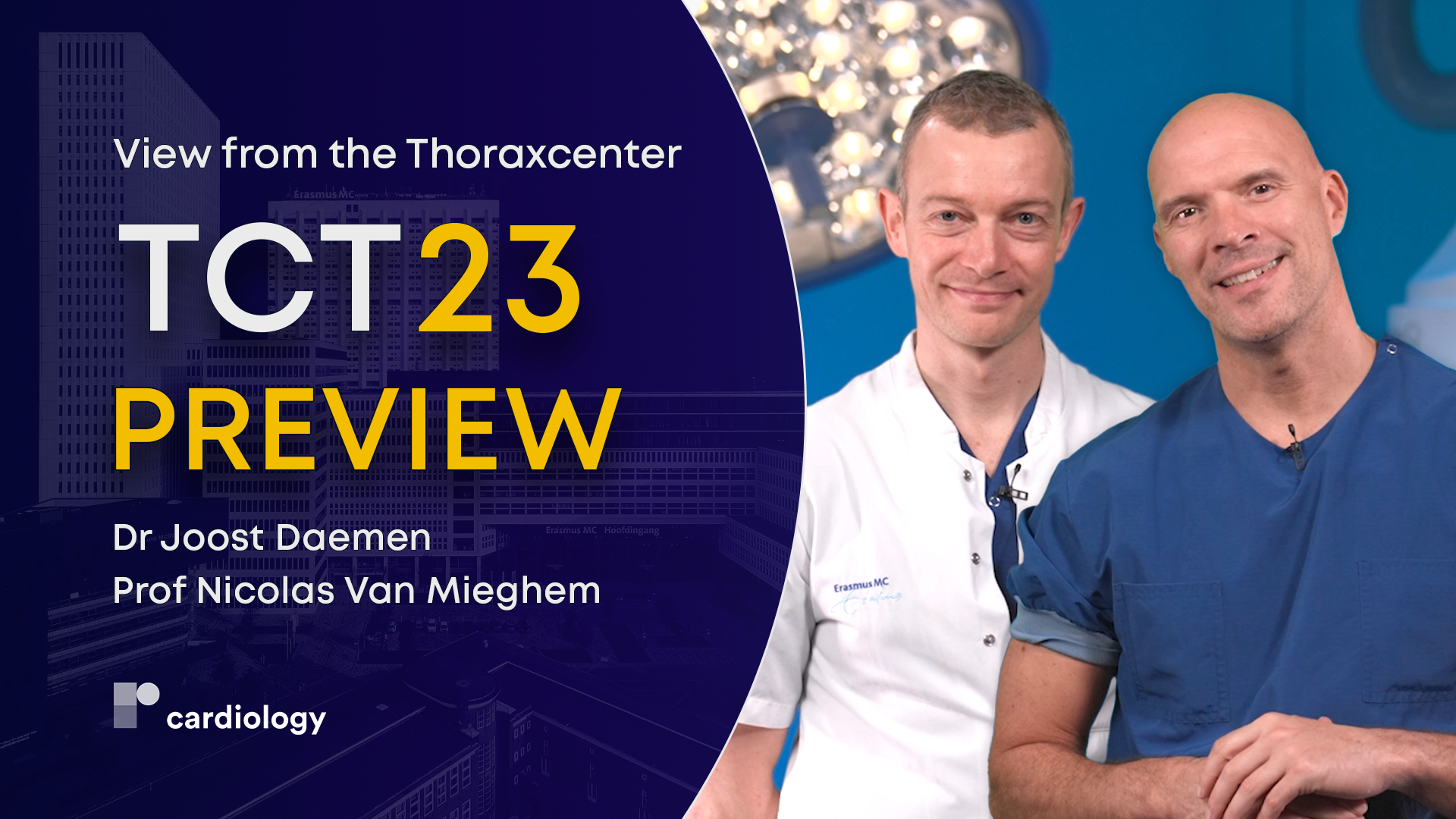 25m 48sPart 1 | Session 1 View from the Thoraxcenter: TCT 23 Late-breaking Science Preview Nicolas M Van Mieghem, Joost Daemen
25m 48sPart 1 | Session 1 View from the Thoraxcenter: TCT 23 Late-breaking Science Preview Nicolas M Van Mieghem, Joost Daemen
-
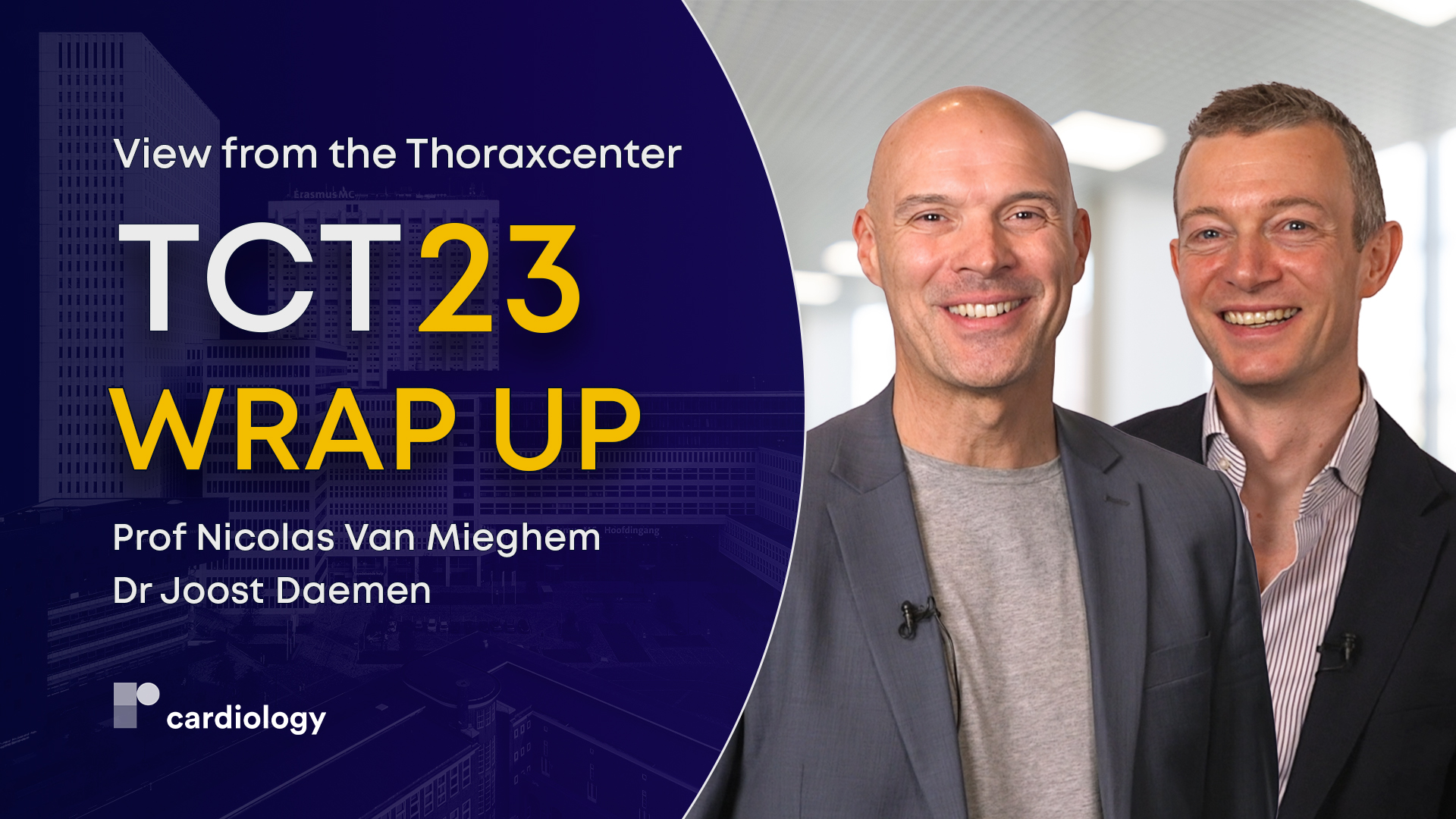 30m 36sPart 1 | Session 2 View from the Thoraxcenter: TCT 23 Late-breaking Science Wrap Up Nicolas M Van Mieghem, Joost Daemen
30m 36sPart 1 | Session 2 View from the Thoraxcenter: TCT 23 Late-breaking Science Wrap Up Nicolas M Van Mieghem, Joost Daemen
-
 8m 13sPart 2 | Session 1 5 Trials That Will Change My Practice With Dr Kendra Grubb Kendra J Grubb
8m 13sPart 2 | Session 1 5 Trials That Will Change My Practice With Dr Kendra Grubb Kendra J Grubb
-
 14m 10sPart 2 | Session 2 5 Trials That Will Change My Practice With Dr Mirvat Alasnag Mirvat Alasnag
14m 10sPart 2 | Session 2 5 Trials That Will Change My Practice With Dr Mirvat Alasnag Mirvat Alasnag
-
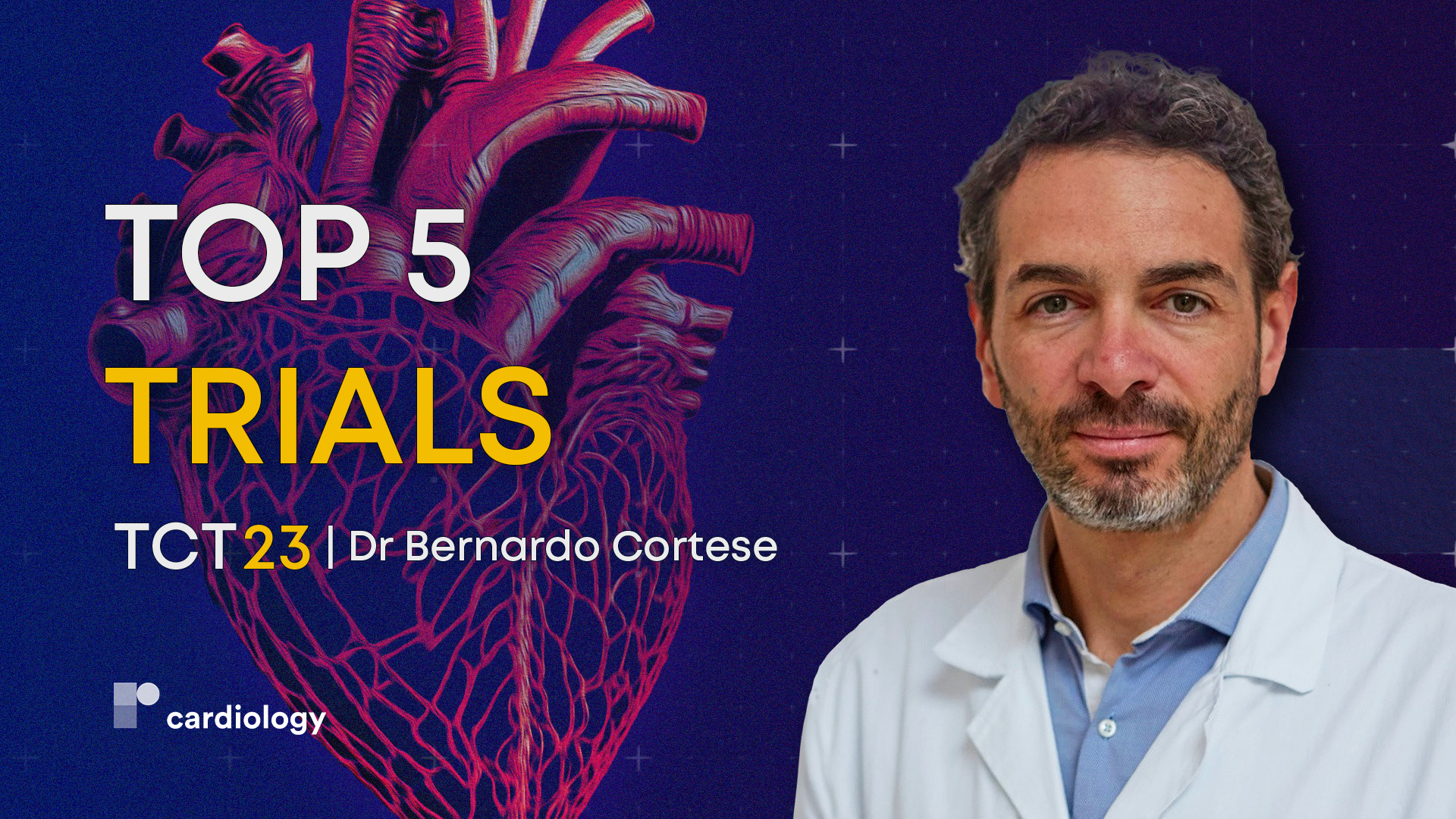 12m 36sPart 2 | Session 3 5 Trials That Will Change My Practice With Dr Bernardo Cortese Bernardo Cortese
12m 36sPart 2 | Session 3 5 Trials That Will Change My Practice With Dr Bernardo Cortese Bernardo Cortese
-
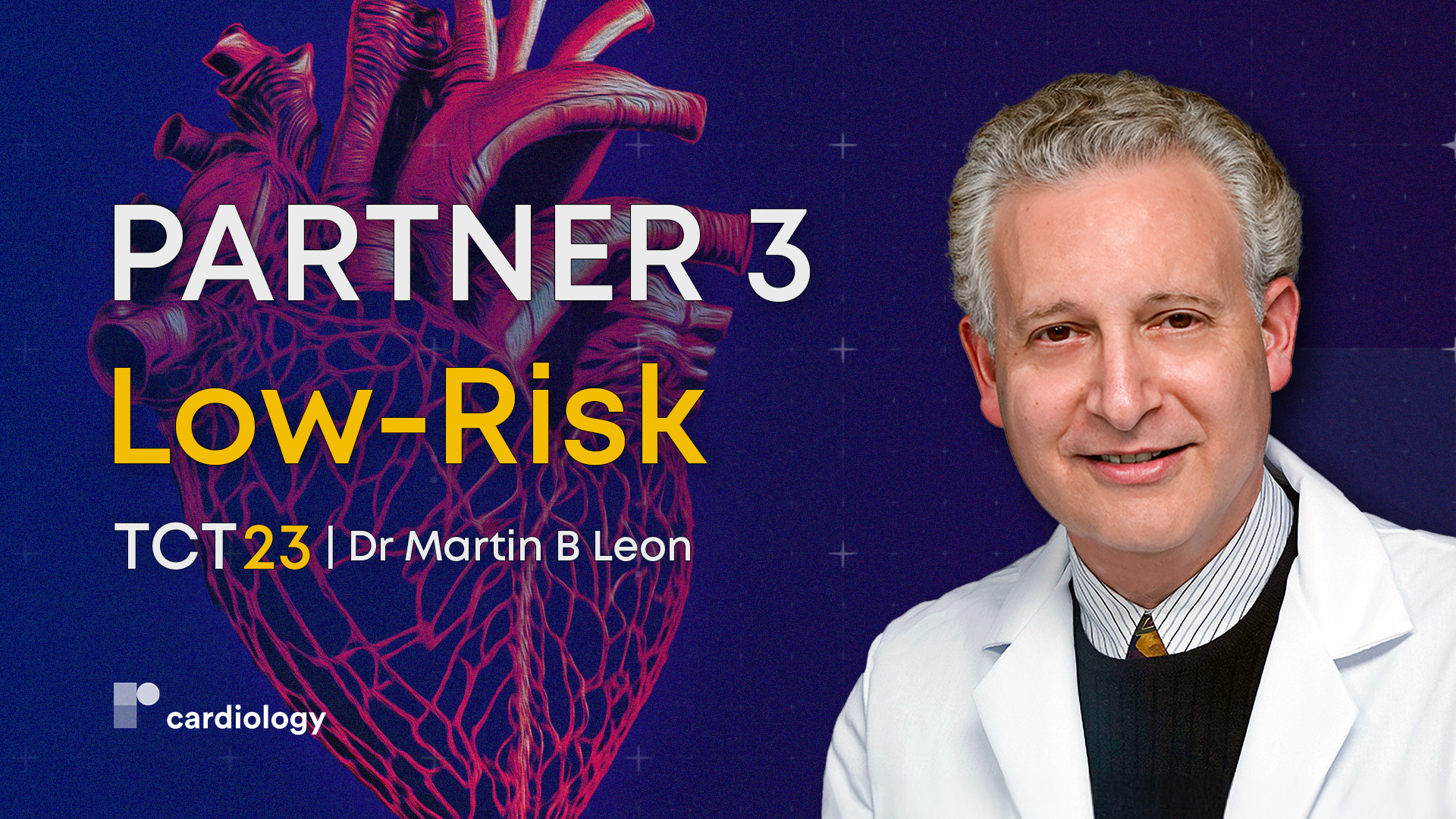 7m 42sPart 3 | Session 1 5Y Outcomes From the PARTNER 3 Low-Risk Trial
7m 42sPart 3 | Session 1 5Y Outcomes From the PARTNER 3 Low-Risk Trial
-
 6m 43sPart 3 | Session 2 AGENT IDE: AGENT Paclitaxel Coated Balloon Angioplasty for In-Stent Restenosis Robert Yeh
6m 43sPart 3 | Session 2 AGENT IDE: AGENT Paclitaxel Coated Balloon Angioplasty for In-Stent Restenosis Robert Yeh
-
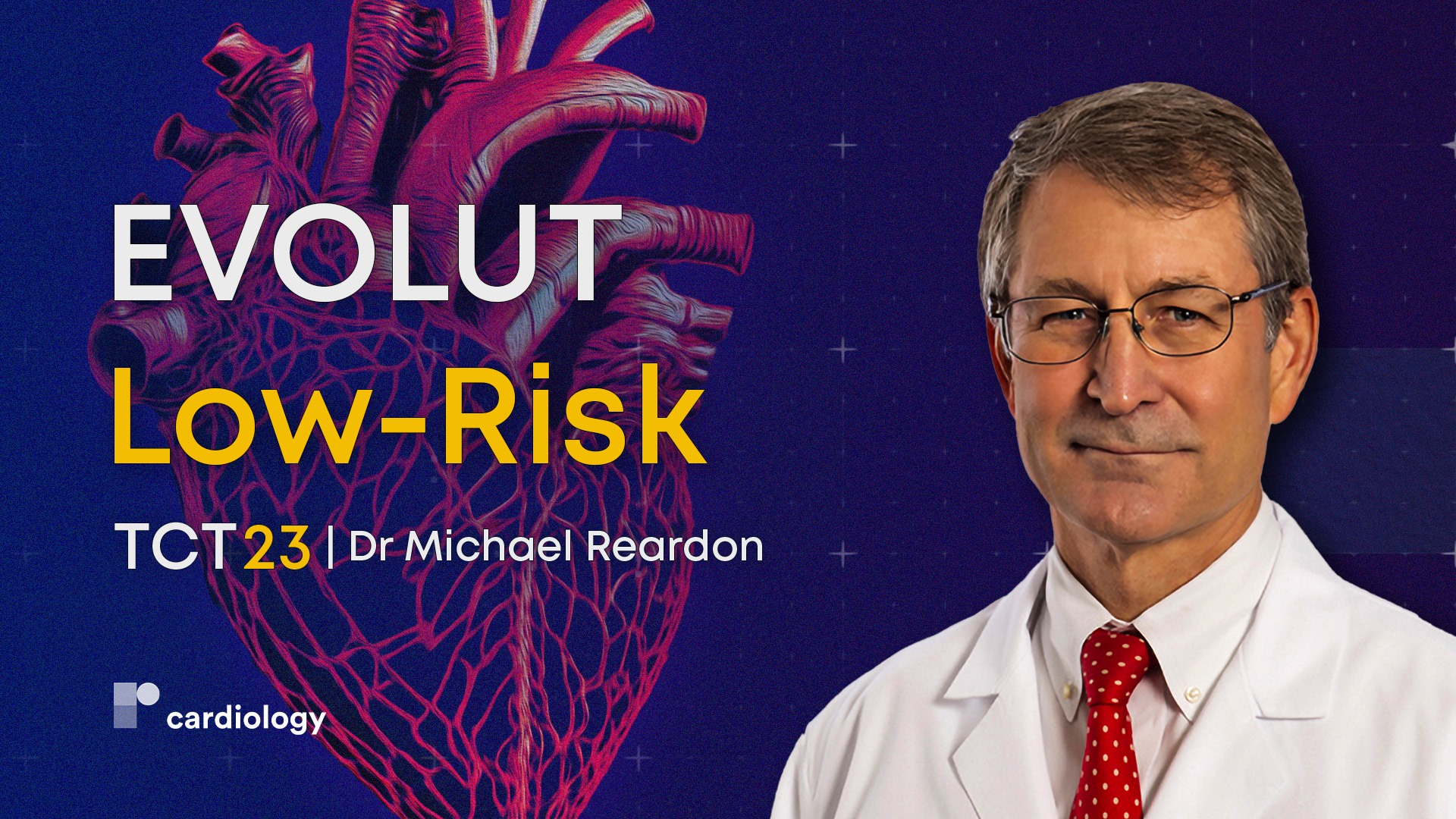 8m 46sPart 3 | Session 3 Four-Year Outcomes from the EVOLUT Low Risk Trial Michael J Reardon
8m 46sPart 3 | Session 3 Four-Year Outcomes from the EVOLUT Low Risk Trial Michael J Reardon
Overview
Stay up-to-date with our regular review series, View from the Thoraxcenter hosted by Prof Nicolas Van Mieghem and Dr Joost Daemen (Thoraxcenter, Erasmus MC, Rotterdam, NL). In this #TCT2023 edition they provide a short analysis of the most pertinent data from the late-breaking science presentations.
Short, accessible Expert Interviews were conducted with investigators focusing on study design, key results and applicability of the latest data.
More from this programme
Part 1
View from the Thoraxcenter
Part 2
Highlights
Part 3
Interviews
About the episode
TCT 23 - We are joined by Dr Giovanni Luigi Di Maria (John Radcliffe Hospital, UK) to discuss the findings of the PICSO-AMI-I study (NCT04958421), sponsored by Miracor Medical.
The PICSO-AMI-I study aimed to assess the safety and feasibility of pressure-controlled intermittent coronary sinus occlusion (PiCSO) in patients with ST-elevation myocardial infarction (MI), presenting with TIMI 0 or 1 undergoing percutaneous coronary intervention (PCI) as compared to standard PCI. 25 participants were enrolled in the study, and were randomized 2:1 to either PiCSO or control.
Results showed that in this patient group, PiCSO assisted pPCI was feasible, though it was associated with a prolonged procedural time and increased contrast dye volume and radiation exposure. PiCSO was not associated with an increased rate of adverse events (device and non-device related) at 6 months follow-up.
Interview Questions:
- What are the unmet needs of acute myocardial infarction patients?
- What is the PiCSO Impulse System, and what are its unique features?
- What was the study design and patient population
- What were the late-breaking findings?
- What further study is needed?
Recorded remotely from Oxford, 2023.
Editor: Jordan Rance
Video Specialist: Dan Brent






Comments